 |
|
 |
Steven G. Wood
|
Business and professional matters, as well as real estate transactions, often require advisors, owner-principals, professionals and other interested parties to appear before various administrative agencies and quasi-legislative bodies. For some attendees, such appearances may seem perfunctory without any apparent pitfalls. For others who make such appearances, the process can seem a bit daunting. For example, few participants are aware of considerations, such as:
- Due process concerns for quasi-judicial hearings — what is required and how it varies;
- The California Administrative Procedure Act;
- How to approach formal versus informal administrative hearings;
- The role of the Office of Administrative Hearings and administrative law judges;
- The role of agency attorneys;
- Evidence and the burden of proof; and
- Hearing records, exhaustion of administrative remedies and court appeals.
Administrative hearings come in all varieties ranging from a local government building permit issue to a license revocation case. Frequently, the rights at stake in the administrative hearing are quite significant. In particular, the California Administrative Procedure Act governs the rights of licensees in defending disciplinary actions against their licenses, appealing license denials, and other proceedings.
Despite the often high stakes, administrative litigants try to represent themselves to save money. Don’t let the informal nature of an administrative hearing fool you! While these types of proceedings are designed to be far less formal than court proceedings, the consequences are very formal and often final without subsequent costly state court litigation that often fails or succeeds based on how matters were handled in the original hearing.
Click here to continue reading about the top five potential pitfalls when appearing before administrative hearings, and how to protect your property rights.




